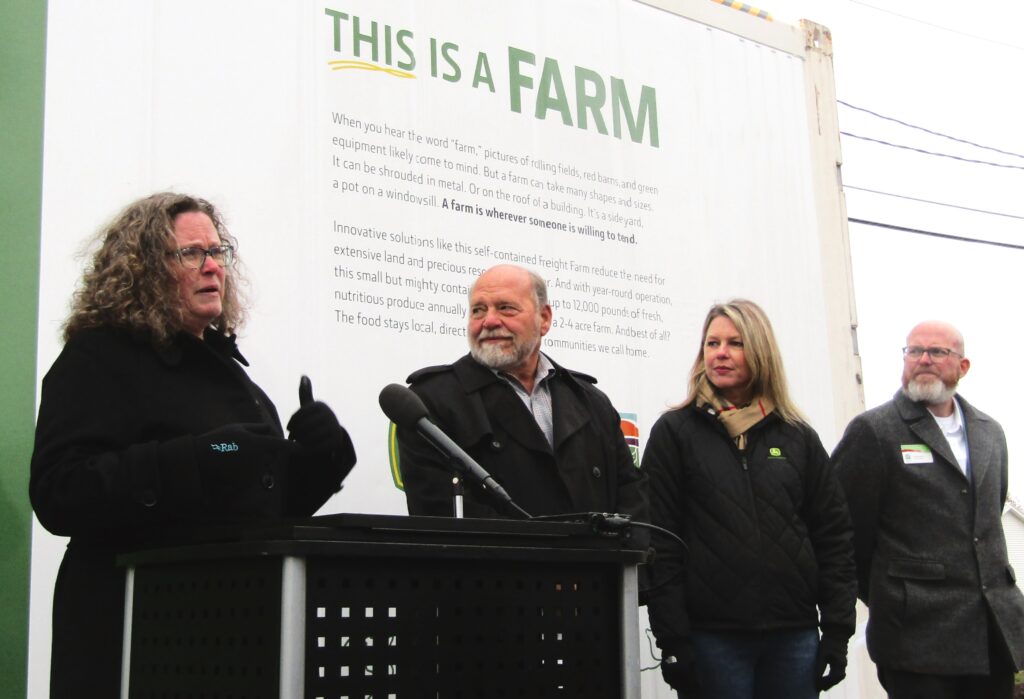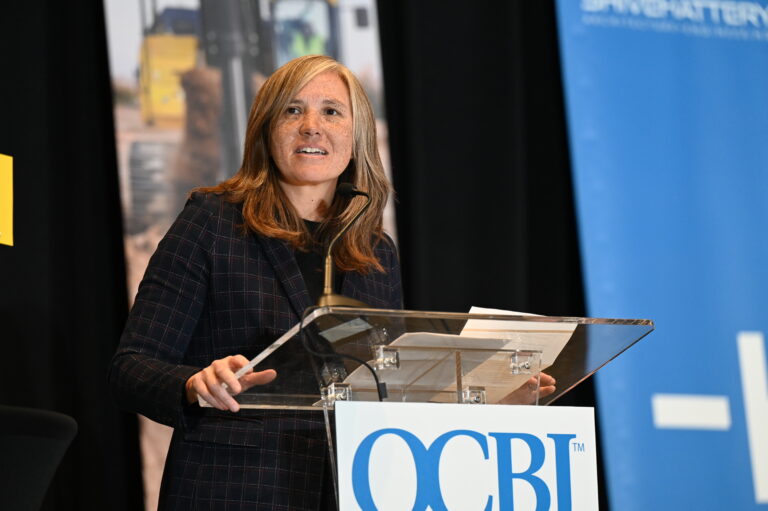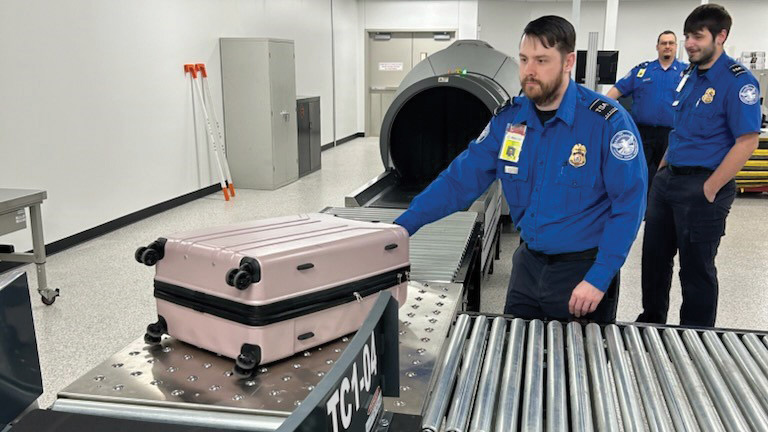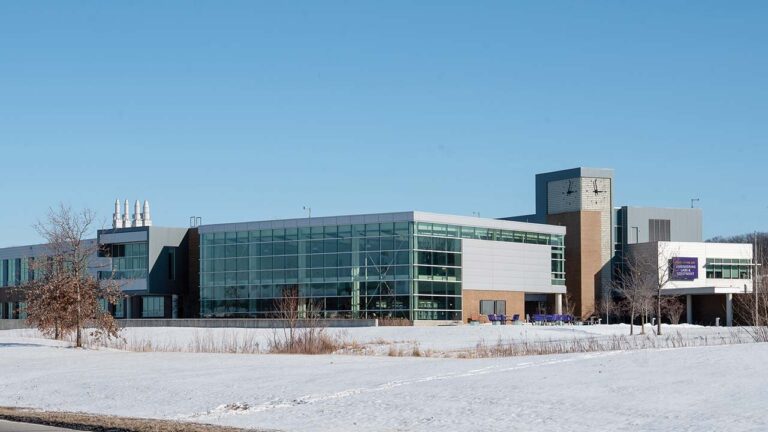‘Future of urban farming’ – New QC freight farm will grow crops

A new hydroponics container farm was welcomed to Rock Island on Monday, Dec. 4. The farm is in a 320-square-foot freight container located in the Quad City Botanical Center parking lot. From left are: Ann McGlynn, executive director of Tapestry Farms; Rock Island Mayor Mike Thoms; Laura Eberlin, global social responsibility lead for John Deere; and Ryan Wille, executive director of Quad City Botanical Center. CREDIT DAVE THOMPSON
Ryan Wille looked at the parking lot at the Quad City Botanical Center in Rock Island and said he sees the future of food.
Today, that “future” looks like a 320-square-foot semi-truck freight container. But it will soon become a hydroponics container farm – called a freight farm – capable of growing thousands of pounds of vegetables throughout the…

Want to Read More?
Get immediate, unlimited access to all subscriber content and much more.
Learn more in our subscriber FAQ.
Do you want to read and share this article without a paywall?







